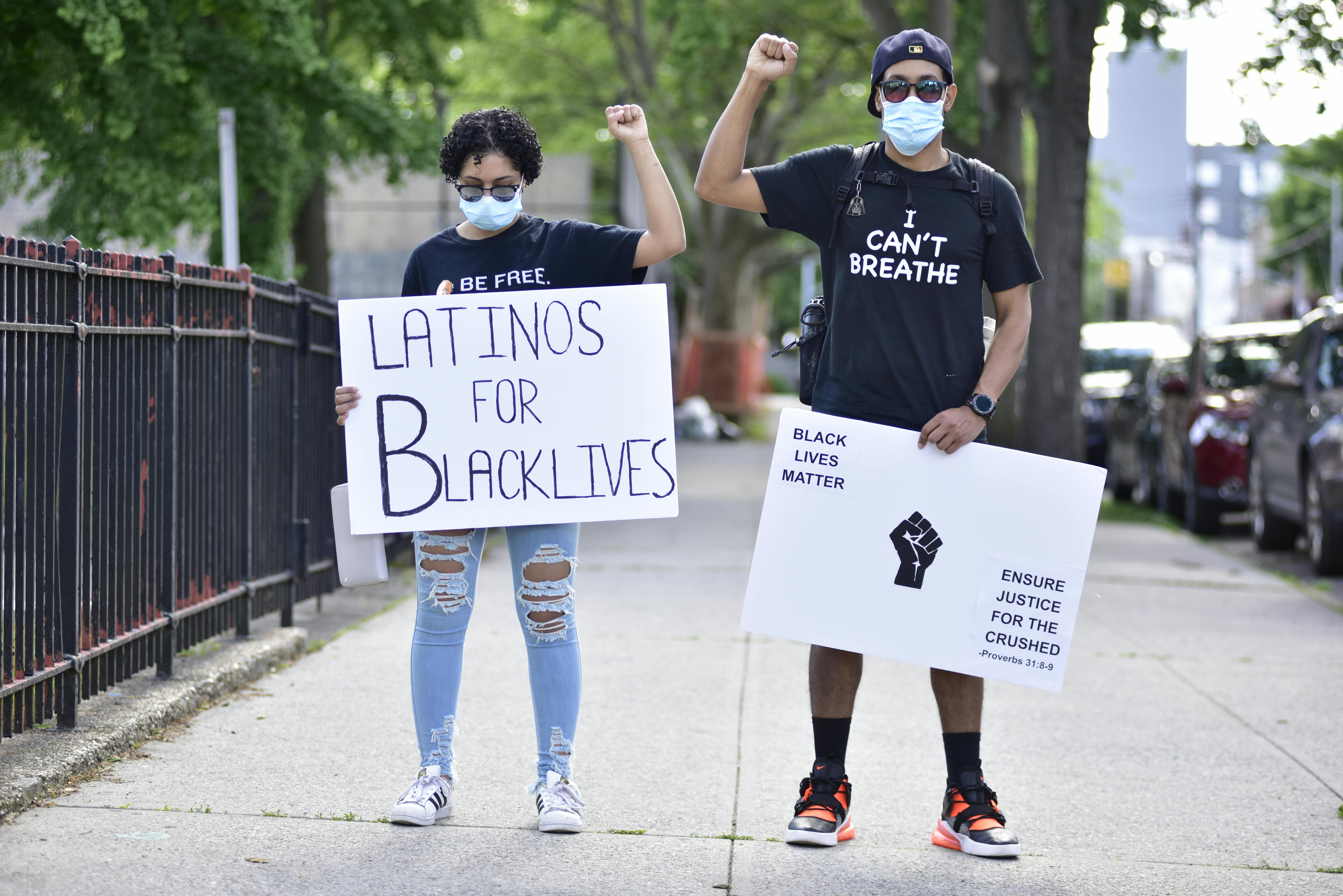Effective Ways to Speed Up Nerve Regeneration After Prostate Surgery
Recovering after prostate surgery is not just about the surgical site; it also significantly involves nerve regeneration. Many patients experience nerve damage during surgery, which can hinder recovery and affect overall quality of life. Understanding the importance of nerve regeneration and employing strategies to enhance this process can make a substantial difference. In 2025, advancements in medical techniques and research continue to lead to more effective ways to promote nerve healing.
This article will explore various methods to speed up nerve regeneration following prostate surgery, highlighting the importance of physical therapy, nutrition, psychological support, and other rehabilitation strategies. We will also discuss safe recovery practices and the role of innovative medical advancements in promoting nerve health.
Key takeaways will include actionable tips and expert advice on optimizing post-surgery care to enhance nerve healing and improve recovery outcomes.
Understanding Nerve Regeneration After Prostate Surgery
The Healing Process Explained
Nerve regeneration involves the body's ability to repair damaged nerve cells, a process that is often slow and complex. Understanding this healing process is crucial for patients to navigate their recovery journey effectively. During prostate surgery, nerves may become damaged due to their proximity to the prostate, leading to complications such as erectile dysfunction and urinary incontinence.
Peripheral nerve regeneration typically occurs in phases, starting with the inflammation response that cleans debris. Following this, nerve cells must form new connections and promote cell growth through the release of nerve growth factors. Being aware of this can help patients set realistic expectations for their recovery timeline and focus on actions that support these phases.
Factors Affecting Recovery
Several factors can influence nerve regeneration following prostate surgery. Age, overall health, and pre-existing conditions can significantly affect the body's healing capability. Additionally, lifestyle choices, including diet, exercise, and psychological factors such as resilience and motivation, play a vital role in recovery. Patients are encouraged to engage in discussions with their healthcare providers to create individual recovery plans that align with their unique needs.
Importance of Exercise for Nerve Growth
Exercise is a fundamental component of enhancing nerve regeneration. Engaging in post-operative exercises encourages blood flow to the nerves, which is essential for healing. Studies have shown that regular physical activity can stimulate the release of nerve growth factors, promoting cell regrowth and recovery. Patients should focus on safe stretching techniques and mobility exercises tailored to their capabilities, ensuring to follow their healthcare professional's guidelines.
Nutrition: Fueling Recovery and Nerve Health
With the basics of nerve regeneration established, nutrition emerges as a crucial element in fostering a healthy recovery environment. The body requires a range of nutrients to support healing and nerve repair.
Essential Nutrients for Nerve Healing
Specific nutrients have been shown to support nerve health and regeneration. Vitamin B12, for example, plays a key role in maintaining nerve integrity and function. Omega-3 fatty acids, found in fish and flaxseed, also benefit nerve repair by reducing inflammation and promoting cellular growth. A balanced diet after prostate surgery should include these nutrients to encourage faster healing.
The Role of Hydration in Recovery
Staying hydrated post-surgery is vital for recovery. Adequate hydration aids in nutrient absorption and transportation within the body, playing a significant role in nerve health. Dehydration can hinder physical performance during rehabilitation exercises and slow down healing. Patients should set specific hydration goals, ensuring they consume enough fluids daily to promote optimal post-surgery recovery.
Anti-Inflammatory Foods to Incorporate
Incorporating anti-inflammatory foods such as leafy greens, nuts, and berries can significantly impact a patient's recovery process. These foods help mitigate inflammation, which is crucial after surgery because inflammation can exacerbate pain and delay regeneration. Patients should explore meal planning strategies that include these healthy foods to optimize their diet and recovery outcomes.

Physical Therapy and Rehabilitation Strategies
Building on nutrition and basic understanding, implementing physical therapy and rehabilitation strategies is critical for effective nerve regeneration post-prostate surgery.
Guided Physical Activities for Recovery
Physical therapy provides structured guidance and expert advice on exercises specifically designed to enhance nerve healing. Guided activities can include tailored stretching routines and functional training that strengthen the body while promoting nerve function restoration. Investing time in rehabilitation can greatly facilitate the healing process and improve overall post-operative outcomes.
Stimulation Therapies: Electrical and Beyond
Recent advancements in medical technologies have introduced a range of stimulation therapies that aid in nerve regeneration. Electrical stimulation therapies can enhance nerve signaling improvement, promoting the recovery of nerve function while managing pain effectively. These therapies can be incorporated into a patient's rehabilitation plan and provide a non-invasive approach to enhance healing.
Monitoring Progress and Adjusting Plans
Regular evaluations of recovery progress are necessary for adjusting rehabilitation strategies as needed. By tracking milestones and ensuring adherence to personalized recovery plans, patients can evaluate their recovery effectively. Keeping an open communication line with healthcare providers is essential, especially in adjusting exercises and dietary plans as recovery progresses.
Mindfulness and Psychological Support for Recovery
Moving beyond the physical aspects, psychological support is essential in promoting overall healing. Emotional resilience significantly correlates with positive recovery outcomes.
Mindfulness Techniques for Stress Relief
Incorporating mindfulness techniques, such as meditation and guided imagery, can help reduce anxiety and improve emotional health after surgery. These practices promote relaxation, enhance coping mechanisms, and facilitate a better connection between mental and physical recovery, crucial for overall well-being.
Building a Support Network
Creating a strong support network can provide emotional resilience during recovery. Engaging with patient support groups and community resources can offer valuable insights and shared experiences, which can demystify the recovery journey. Having a robust network fosters a sense of belonging and encouragement, which is particularly beneficial for emotional health.
Coping Strategies and Self-Care Practices
Developing personalized coping strategies, such as incorporating hobbies or relaxation practices, can significantly bolster emotional health post-surgery. Prioritizing self-care empowers patients to take an active role in their recovery process and reinforces their emotional well-being, leading to improved overall health outcomes.

Conclusion: Proactive Steps Toward Recovery
In conclusion, focusing on nerve regeneration after prostate surgery involves a multi-faceted approach that integrates physical, nutritional, and psychological strategies. By understanding the fundamentals of nerve healing, employing effective rehabilitation strategies, and prioritizing mental health, patients can greatly enhance their recovery experiences.
As advancements in medicine continue to evolve, patients have more tools at their disposal for effective recovery. Proactive steps, including self-care practices and community resources, contribute to positive recovery outcomes and can make the healing journey an empowering experience.
The journey does not end with surgery; by embracing a positive mindset and actively participating in recovery, patients can navigate this life transition effectively and reclaim their health.
